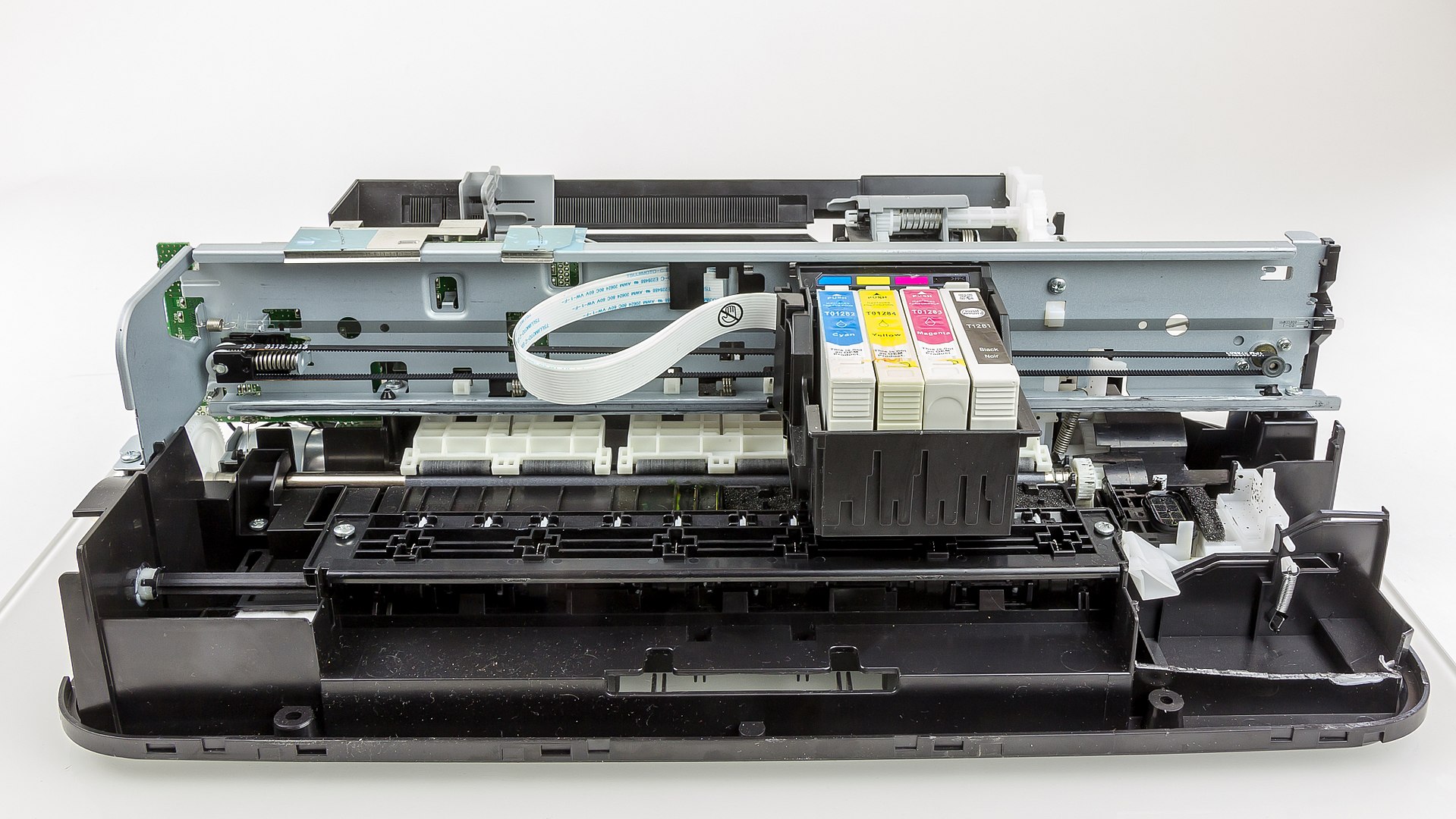
Consumer tips on how to protect yourself from surprise medical bills
What you need to know to avoid or fight surprise medical bills
Downloads
Consumer tips on how to protect yourself from surprise medical bills
Imagine you go to a hospital for a routine procedure. You’ve made sure your hospital and doctor are covered by your insurance. The procedure goes well and you head home to recover. Two weeks later, you get the bill, but instead of the copay you expected, you get a bill for nearly $4,000. Turns out, the anesthesiologist who assisted with your procedure was “out of network” and your insurance won’t cover that bill as you expected. You’ve received a surprise medical bill and now owe the difference between what your insurance will pay the out-of-network anesthesiologist and what you were billed.
What is a “surprise” medical bill?
You receive a surprise medical bill when, through no fault of your own, you are treated by providers outside of your insurance network. These out-of-network providers can charge exorbitant rates which are only revealed after the bill arrives. An average emergency room surprise bill is around $600, but these bills can range into the tens of thousands of dollars. When out-of-network providers charge these high rates, it drives up costs for everyone. Consumers are burdened with higher bills that they had no way to avoid. And when insurers have to pay their share of this higher charge, they’re likely to pass on that cost to everyone by raising premiums.
Consumer protections coming for Ohio
In 2020, the Ohio legislature passed broad consumer protections from surprise medical bills, but they do not go into effect until January 2022. Until then, there are steps you can take to avoid getting these unfair bills and to fight a surprise medical bill if you receive one.
What can you do to prevent a surprise medical bill?
-
Before receiving care, check with your insurer to make sure you are choosing a provider that is covered by your insurance as an in-network provider. Make sure that the hospital, lab, diagnostic center, or surgery center is in your insurance network before receiving treatment.
-
When planning hospitalizations at an in-network facility, check with the facility to ensure that all providers (surgeons, anesthesiologists, and others), lab services (such as blood work) and imaging services (such as X-rays, MRIs) are covered by your insurance plan. Be specific in requesting that all services you may need are covered by your insurer.
-
For emergencies, know where your nearest in-network emergency room is and use it whenever possible.
What can you do if you receive a surprise medical bill?
If you were not able to prevent an out-of-network charge or you think your bill is incorrect, use these tips to attempt to lower a medical bill.
-
Ask for an itemized bill and check that you are not being mistakenly billed for treatment you did not receive.
-
Compare the itemized bill to your Explanation of Benefits to see whether your insurer is paying their share. Sometimes patients are billed for services because their provider sent the wrong billing code to the insurer.
-
Contact your provider or the hospital and ask about anything you don’t understand.
-
Contact your insurer to see if any mistakes were made on their end. Ask them to explain any charges you don’t understand.
-
Even if there are no mistakes, you can try to negotiate with your provider. Many hospitals have patient advocate departments to help you manage your bills.
-
If you have a problem with your insurance company, contact the Ohio Department of Insurance. You can speak with a Consumers Services Analyst at 1-800-686-1526 or file a complaint online. They may be able to help you fight the bill.
-
Keep careful notes of all conversations you have. Get the names of the people you are speaking to. Keep your files in one place for easy access.
-
Be patient and clear in your requests.
-
Don’t delay in handling concerns and questions so that the bill does not go into collections.
Special information during the COVID-19 pandemic
Testing for COVID-19 is free for both insured and uninsured consumers. Health plans are required to cover the cost of testing (even if you don’t have symptoms or have not been exposed to someone with COVID-19). This means that if you want to be tested for any reason, such as before visiting a family member, your insurance must pay for the test and cannot bill you for any copay, coinsurance or deductible.
Even though the test is free, many people have been billed for other fees, such as a “facility fee.” When you choose a testing site, call to be sure there are no additional fees. In Ohio, you can get tested for COVID-19 with no additional fees at Walgreens, Walmart, eTrueNorth, Health Mart, and Rite Aid. To find out more about COVID testing in Ohio, use this resource.
When it comes time for a vaccine, all insurance plans are required to pay for any approved COVID-19 vaccine and any administration costs. You are not required to pay any cost-sharing (copay, coinsurance, or deductible) related to getting a vaccine against the COVID-19 virus.
Good news! Stronger consumer protections are coming in January 2022
New consumer protections on both the state and federal level will take effect in January 2022. In December, Ohio passed a law to protect consumers from out-of-network bills from providers they did not choose. The law will ban surprise bills for emergency treatment, emergency ground ambulance transportations, clinical laboratory services and treatment by providers at in-network facilities. State laws only apply to state-regulated insurance. For those with employer-sponsored, self-funded plans, also known as ERISA plans, federal law applies. That means, those consumers will have slightly different protections under the federal No Surprises Act beginning in January 2022. Two important differences are:
-
For those with federally regulated ERISA plans, you will not be protected from surprise ground ambulance bills under Ohio’s state law.
-
However, the federal law includes a ban on surprise bills from air ambulances, meaning all Ohioans will be protected from those bills.
Last updated March 12, 2021
Topics
Find Out More


Medical Bills: Everything you need to know about your rights

How printers keep us hooked on expensive ink

